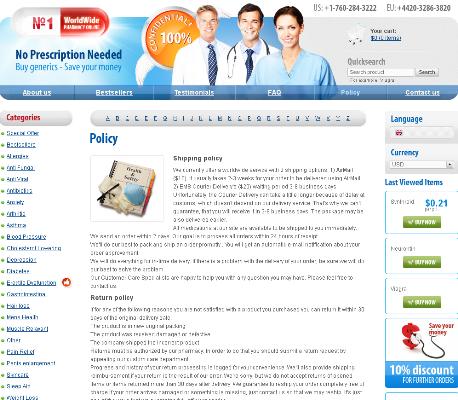Isotretinoin Causes Permanent Damage to the Body
When first prescribed this powerful acne medication, many patients worry about long-term or even permanent harm to their bodies. This concern is understandable—after all, isotretinoin has a reputation for strong effects. However, decades of clinical research and monitoring have shown that serious, lasting damage from isotretinoin is extremely rare. Most side effects, such as dry skin and temporary increases in cholesterol or liver enzymes, resolve soon after finishing the course.
Doctors perform regular blood tests during treatment precisely to catch any significant changes before they become a problem. For the vast majority of people, the benefits of clearer skin and improved self-esteem greatly outweigh the risks. Understanding the reality, rather than headlines or anecdotes, helps patients make informed decisions without unnecessary fear.
| Common Side Effect | Permanent? |
|---|---|
| Dry Skin/Lips | No |
| Elevated Liver Enzymes | No |
| Muscle Aches | No |
| Vision Changes | Rare, Mostly Temporary |
Everyone Experiences Severe Side Effects on Isotretinoin

Many patients worry about horror stories they read online, but the reality is quite different. While isotretinoin can cause side effects, not everyone experiences severe reactions. Most people notice mild issues, such as dry lips or skin, which are manageable with proper skincare. Dermatologists closely monitor patients to ensure safety during treatment. It’s also important to remember that severe complications are rare and often preventable with regular checkups and honest reporting of symptoms. Education and communication are essential for a safe journey.
Acne Always Returns after Stopping Isotretinoin
For many people, isotretinoin represents a turning point in their struggle with stubborn acne. Numerous clinical studies and real-life experiences show that the majority of patients enjoy long-lasting or even permanent results after completing a proper isotretinoin course. Some individuals may notice occasional breakouts months or years later, but these are usually far milder than before treatment.
The effectiveness of isotretinoin comes from its ability to target the root causes of acne, such as oil production and inflammation. By addressing these fundamental factors, isotretinoin delivers more sustainable benefits than many topical or oral alternatives. However, ongoing skincare and healthy habits remain important for maintaining clearer skin over time.
You Cannot Have Any Alcohol on Isotretinoin

Many people believe that even a single drink can have disastrous effects while taking isotretinoin, but reality is more nuanced. The main concern stems from how both alcohol and isotretinoin are metabolized in the liver, potentially increasing the risk of liver stress or abnormal blood tests. However, occasional, moderate alcohol consumption isn’t universally prohibited for everyone on isotretinoin.
Doctors typically recommend limiting or avoiding alcohol during treatment, especially for those with existing liver conditions or abnormal lab results. The key is open communication: always inform your healthcare provider about your drinking habits. Personalized advice ensures both safety and peace of mind throughout your acne treatment journey.
Isotretinoin Is Unsafe for Teens and Young Adults
For many teens and young adults struggling with severe acne, isotretinoin can feel like a last resort after countless failed attempts with creams and antibiotics. While some may worry about its safety for this age group, extensive research and decades of use have shown that, when prescribed and monitored appropriately, isotretinoin can be both effective and safe. Dermatologists often recommend it for adolescents with persistent or scarring acne, as the benefits can significantly improve confidence and quality of life. Still, regular check-ins, lab work, and clear communication with healthcare providers are essential to manage any potential side effects.
| Section | Key Point |
|---|---|
| Target Group | Teens and Young Adults |
| Safety Approach | Regular Monitoring and Follow-up |
Natural Remedies Are Safer Than Isotretinoin
While sipping herbal teas or applying home remedies may seem gentle and harmless, relying solely on natural approaches for severe acne can be misleading. Many so-called “natural” treatments lack rigorous scientific evidence, and their safety or effectiveness is often unproven. Even substances found in nature can cause irritation, allergic reactions, or interact with other medications.
In contrast, isotretinoin is a thoroughly researched medication with well-documented outcomes and established guidelines to minimize risk. Under a dermatologist’s supervision, its side effects can be carefully monitored and managed. Ultimately, safety depends on the evidence, the condition being treated, and expert guidance—not simply on whether a treatment is labeled “natural.”

